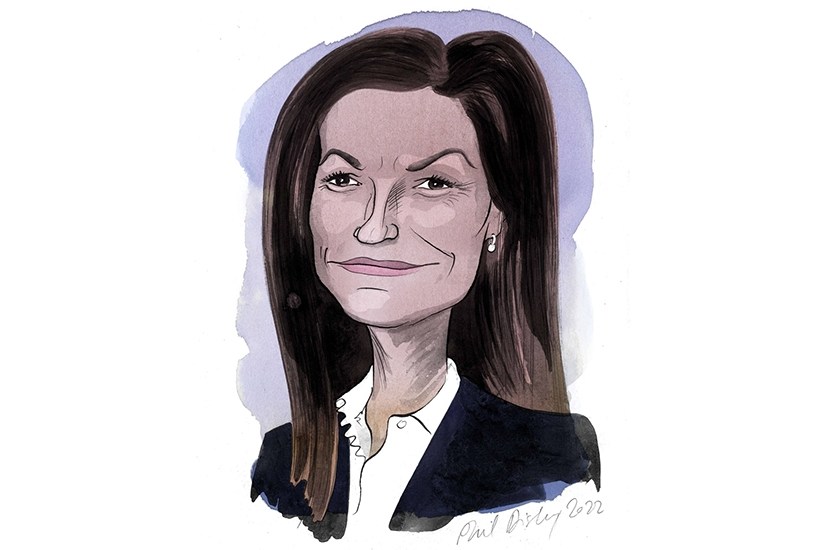Budapest is racked with tension. As Russia’s invasion of Ukraine sends a stream of refugees to Hungary’s eastern border, Viktor Orbán’s Fidesz party has scrambled to respond to the humanitarian crisis while turning his back on his previous pragmatic relationship with Moscow.
Fidesz’s unequivocal condemnation of Vladimir Putin’s actions will have come as a relief to Brussels.
Already a subscriber? Log in
Black Friday sale
Subscribe today and get 10 weeks of The Spectator Australia for just $1
- Unlimited access to spectator.com.au and app
- The weekly edition on the Spectator Australia app
- Spectator podcasts and newsletters
- Full access to spectator.co.uk
Or


















Comments
Black Friday sale
Subscribe today and get 10 weeks of The Spectator Australia for just $1
SUBSCRIBEAlready a subscriber? Log in